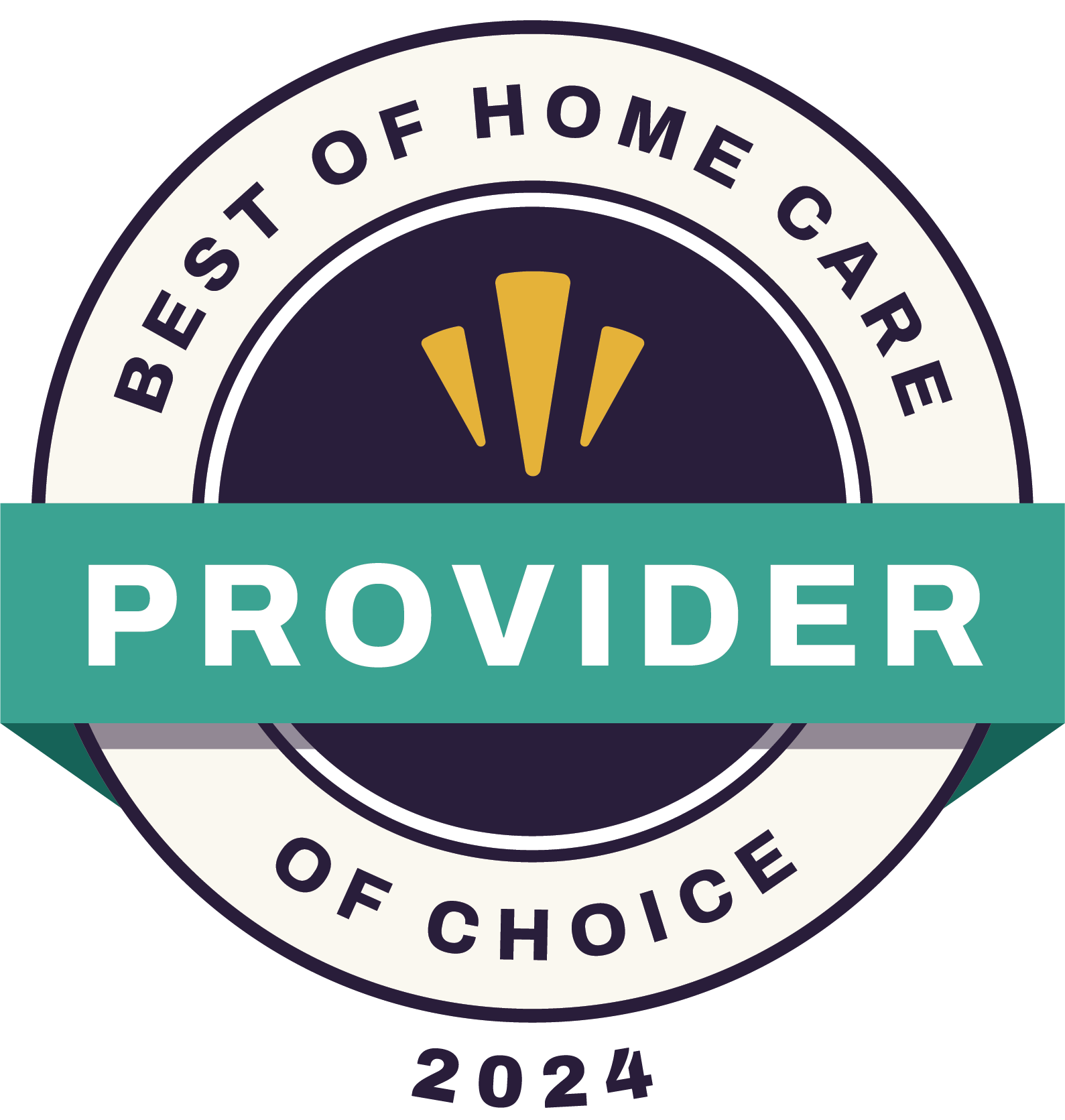November Is Alzheimer's Awareness Month
Many people wonder why their elderly parents or grandparents start to forget important information. They become confused and fail to communicate. These problems can be signs of Alzheimer's disease, a degenerative brain condition that affects about 50 million elderly people throughout the world. As November is Alzheimer’s Awareness Month, learn about the signs of this disease and what you can do to help family members and loved ones that may experience its various stages.
What Is Alzheimer’s?
Alzheimer's is the most common form of dementia. The disease is thought to be caused by a certain plaque on the brain that can affect cells within the area that controls memory and related activities. Seek medical diagnosis if you or someone in your family has these signs. With an early diagnosis, you can slow down the disease’s progression using available medications.
Alzheimer's Awareness: Ten Signs to Look Out For
1. Memory loss that disrupts a person's daily life is the first sign of this disease. The brain changes with age and people tend to forget different things. Alzheimer patients often forget recent information. They continue to ask questions and often repeat the same questions. They may forget dates, names, and recent activities.
2. Having difficulty with problem-solving is another sign of Alzheimer’s. People with this disease may take longer to do things. They may become confused and find it difficult to concentrate.
3. Difficulty in completing simple tasks is an indication of Alzheimer's. The task may be as simple as getting dressed or preparing food. It may be forgetting how to operate a television or microwave oven.
4. Confusion about time and dates is also common. Patients lose track of time and often forget they must do certain activities. This can include medical appointments or social events.
5. Spatial concepts and visual images may be a problem. Many people have trouble reading and writing as their brain cells become affected. Persons living with Alzheimer’s may have trouble judging distances. They can also experience loss of balance while standing and walking.
6. Problems with speaking and writing are also signs you should look out for. This is related to memory loss, as patients forget what they are saying. They may repeat themselves constantly. In more advanced cases, people fail to recognize family members or friends. They may forget the names of people and places.
7. Misplacing objects and forgetting how to retrace steps are common with Alzheimer's disease. It is not uncommon for a person with the disease to forget that he or she has something cooking on the stove.
8. A decrease in judgment is another common effect. A person with Alzheimer’s may not make the right decision when working with money. He or she may also neglect personal hygiene.
9. Withdrawing from social activities out of fear or frustration is another sign of the disease. Persons with Alzheimer’s disease may feel that they are unable to hold a conversation or participate in activities.
10. Severe mood changes are signs of more advanced Alzheimer's. A patient's personality changes frequently with periods of depression, anger, fear, confusion, and general anxiety. This person finds it difficult to communicate with anyone.
Caring for Patients With Alzheimer’s Disease
Taking care of people who suffer from Alzheimer's can be difficult. Caregivers may have to dress an elderly person and tend to his or her hygiene. It may be difficult to communicate with this patient.
If you need help caring for a loved one with Alzheimer’s, professional caregivers can ease your worries. Trained caregivers will assist with personal care and the various services needed for the patient.
Elite Home Health Care has assisted families in New York City, Rochester and Buffalo areas in caring for people with Alzheimer's disease. Our trained caregivers will help in the home, provide transportation, do the shopping, and provide other services as needed.
For more information on Alzheimer’s awareness and caring for your loved ones with this disease, contact us at Elite Home Health Care. We will be glad to support you and your senior family members with qualiity care in the comfort of your homes.
Written by: Leah Ganz
Leah Ganz, RN, BSN is the Director of Patient Services at Elite Home Health Care. She has an extensive background in homecare and previously worked in various specialties including pediatrics, pain managemnet and internal medicine. She oversees allpatient services across Elite's departments.



